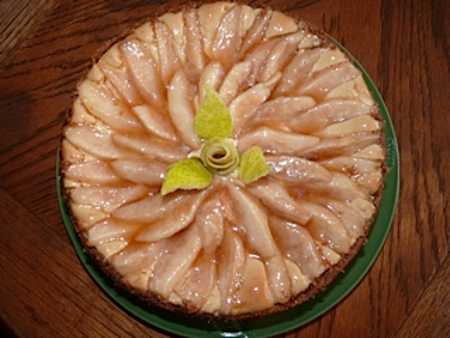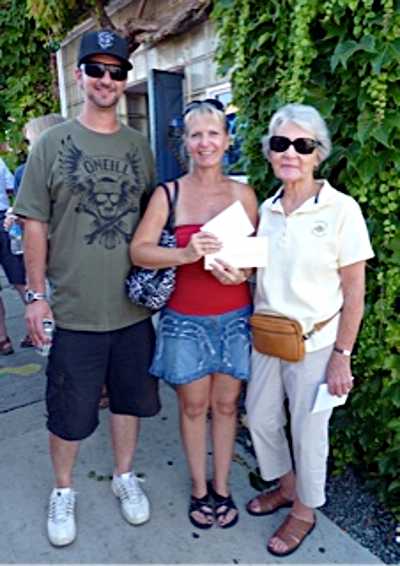- Lake County News reports
Steele Wines Harvest Festival and Vineyard Run takes place Oct. 13-14
KELSEYVILLE, Calif. – The 16th annual Steele Wines Harvest Festival will be held from 10 a.m. to 5 p.m. on Saturday, Oct. 13, and Sunday, Oct. 14, and will feature wine, food, art, entertainment and more.
Famous for its grape-stomping competition for kids and adults, the two-day festival offers a barbecue served by the local 4-H club, as well as several vendor booths with plentiful food, fine art, arts and crafts, and other unique souvenirs and gifts. In addition, various musicians will perform both days.
Tasting of the Steele Wines collection from Lake County vineyards also will be available throughout the weekend, and tasters will go home with a Steele Wines logo glass.
Children are welcomed to attend the event and hang out in the kids’ corner, featuring face painting, storytelling, crafts and more.
Sponsored by Steele Wines and held in conjunction with the Harvest Festival, the 22nd annual Vineyard Run for Literacy will take place Sunday, Oct. 14.
A benefit for the Lake County Literacy Coalition, the 5K/10K run and the 5K walk begin at Steele Wines, with a course along autumn-colored vineyards and orchards.
Registration is at 8 a.m. Sunday, and the race starts at 9 a.m. The entry donation is $20 per person and $30 per family.
Steele Wines is located at 4350 Thomas Drive at Highway 29 in Kelseyville. The tasting room is open Monday through Saturday, 11 a.m. to 5 p.m.
For more information about Steele Wines or the Steele Wines Harvest Festival, call 707-279-9475 or visit www.steelewines.com .
For more information on the Vineyard Run for Literacy, call 707-263-7633.




 How to resolve AdBlock issue?
How to resolve AdBlock issue? 



